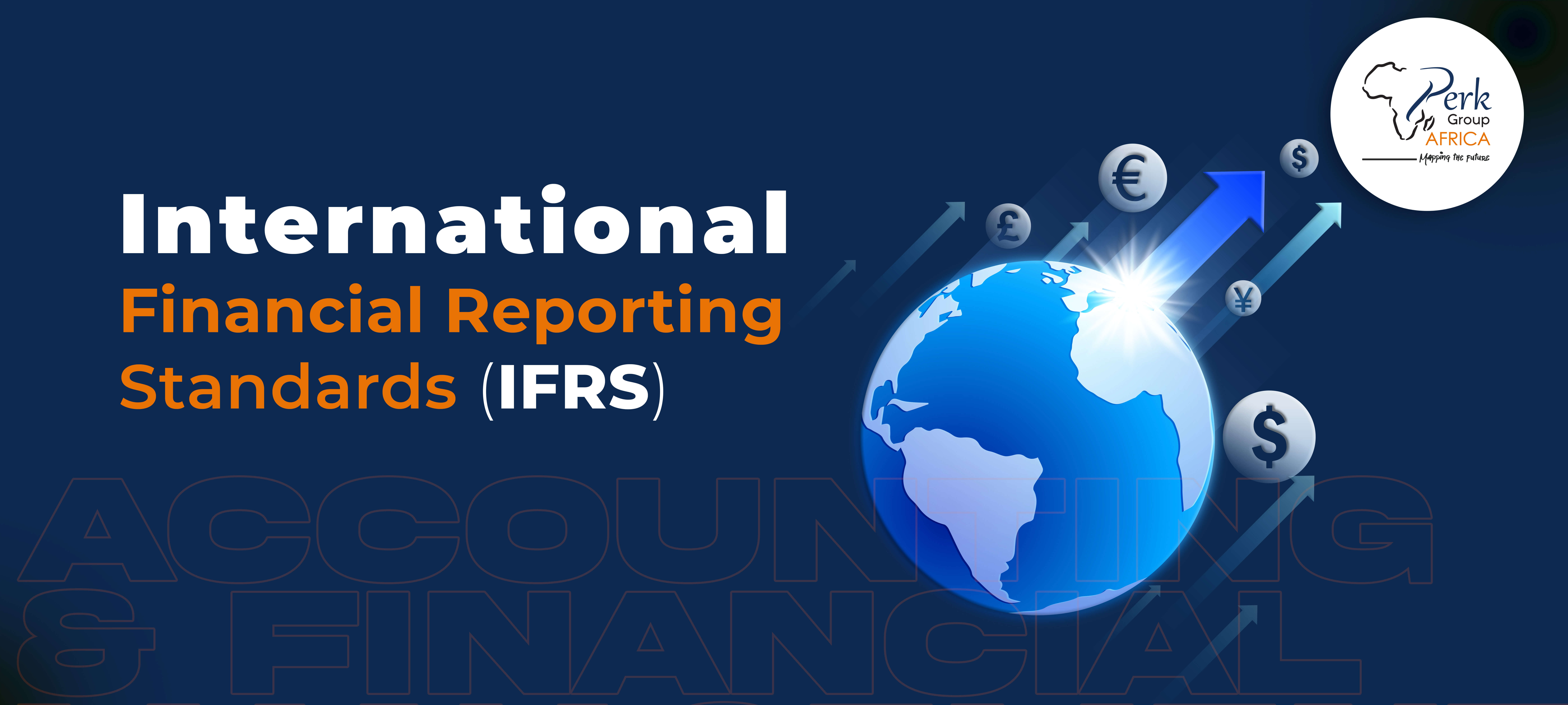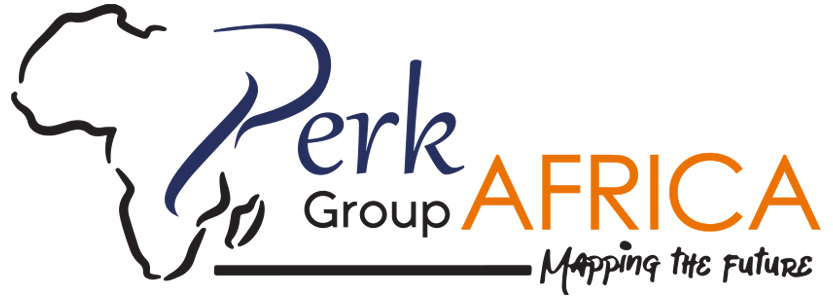
Training Course on International Financial Reporting Standards
Course Overview
The International Financial Reporting Standards (IFRS) course offers a comprehensive exploration of the principles, concepts, and practical applications of global financial reporting standards. Upon completion of the course, participants will gain a solid understanding of IFRS principles and their application, enabling them to prepare and interpret financial statements in accordance with international standards, thereby enhancing their professional competency and credibility in the global marketplace.
By the end of the training, participants will have achieved the following:
- Develop a thorough understanding of the International Financial Reporting Standards (IFRS), including the setting process, current standards, and recent updates, ensuring a solid foundation in global financial reporting principles.
- Gain hands-on experience in applying IFRS principles to prepare financial statements, including correctly presenting components and ensuring minimum disclosures across various financial statements.
- Evaluate the impact of newly issued standards on organizational financial reporting practices, enabling participants to adapt effectively to evolving regulatory requirements.
- Enhance professional judgment skills to assess and properly account for transactions affecting current and non-current assets and liabilities, revenues, and expenses, ensuring accurate and compliant financial reporting.
- Develop critical thinking skills to analyze complex or non-recurrent business transactions and apply IFRS principles effectively, fostering confidence and competence in navigating challenging financial reporting scenarios.
Course Duration: 5 days
Module 1: Introduction to IFRS 9
- Overview of International Financial Reporting Standards (IFRS)
- Historical context and need for IFRS 9
- Structure and objectives of IFRS 9
- Comparison with IAS 39
Module 2: Classification and Measurement of Financial Assets
- Criteria for classification: amortized cost, fair value through other comprehensive income (FVOCI), and fair value through profit or loss (FVTPL)
- Measurement of financial assets at initial recognition and subsequent measurement
- De-recognition of financial assets
Module 3: Classification and Measurement of Financial Liabilities
- Criteria for classification: amortized cost and fair value through profit or loss
- Measurement of financial liabilities at initial recognition and subsequent measurement
- De-recognition of financial liabilities
Module 4: Hedge Accounting under IFRS 9
- Overview of hedge accounting
- Types of hedging relationships: fair value hedges, cash flow hedges, and hedges of a net investment in a foreign operation
- Documentation and effectiveness testing
- Hedge accounting for macro hedging
Module 5: Impairment of Financial Assets
- Introduction to the Expected Credit Loss (ECL) model
- Assessing credit risk and determining impairment
- Practical application of impairment calculations
- Accounting for changes in credit risk
Module 6: Disclosures and Presentation
- Presentation of financial instruments in the statement of financial position and statement of comprehensive income
- Disclosures for financial instruments
- Enhancing transparency for users of financial statements
Module 7: Transition to IFRS 9
- Transition requirements and methods
- Practical considerations and challenges during the transition process
- Case studies and real-world examples of successful transitions
Module 8: Case Studies and Practical Applications
- Applying IFRS 9 principles to real-world scenarios
- Analyzing case studies to reinforce understanding
- Group discussions on practical challenges and solutions
Module 9: Recent Updates and Future Developments
- Overview of any recent amendments to IFRS 9
- Emerging trends and developments in financial reporting
- Implications for future compliance
Note: This outline provides a general structure for the training. The specific content, activities, and duration of each session may be adjusted based on the target audience, learning objectives, and available time.
Classroom Training Schedule
| Start Date | End Date | Location | Cost | Apply |
|---|---|---|---|---|
| Feb 16, 2026 | Feb 20, 2026 | Nairobi | $ 1200 | Register |
| Mar 23, 2026 | Mar 27, 2026 | Nairobi | $ 1200 | Register |
| Apr 27, 2026 | May 01, 2026 | Nairobi | $ 1200 | Register |
| Jun 01, 2026 | Jun 05, 2026 | Nairobi | $ 1200 | Register |
| Jul 06, 2026 | Jul 10, 2026 | Nairobi | $ 1200 | Register |
| Aug 10, 2026 | Aug 14, 2026 | Nairobi | $ 1200 | Register |
| Sep 14, 2026 | Sep 18, 2026 | Nairobi | $ 1200 | Register |
| Oct 19, 2026 | Oct 23, 2026 | Nairobi | $ 1200 | Register |
| Nov 23, 2026 | Nov 27, 2026 | Nairobi | $ 1200 | Register |
Virtual Training Schedule
| Start Date | End Date | Location | Cost | Apply | |||
|---|---|---|---|---|---|---|---|
| Feb 02, 2026 | Feb 06, 2026 | Online | $ 600 | Register | |||
| Mar 09, 2026 | Mar 13, 2026 | Online | $ 600 | Register | |||
| Apr 13, 2026 | Apr 17, 2026 | Online | $ 600 | Register | |||
| May 18, 2026 | May 22, 2026 | Online | $ 600 | Register | |||
| Jun 22, 2026 | Jun 26, 2026 | Online | $ 600 | Register | |||
| Jul 27, 2026 | Jul 31, 2026 | Online | $ 600 | Register | |||
| Aug 31, 2026 | Sep 04, 2026 | Online | $ 600 | Register | |||
| Oct 05, 2026 | Oct 09, 2026 | Online | $ 600 | Register | |||
| Nov 09, 2026 | Nov 13, 2026 | Online | $ 600 | Register | |||
| Dec 14, 2026 | Dec 18, 2026 | Online | $ 600 | Register |
Course Language
This Training course is offered in ENGLISH . Please indicate the language of choice during registration.
Course Delivery
Presentations are well guided, practical exercise, a plenary presentation, and group work. Participants are encouraged to bring any data relevant to their job responsibilities. This is hands-on, product-oriented training and will mostly involve practical exercises. Each participant MUST bring along their own working laptop and android phone.
Certification
Upon completion of training, the participant will be issued with a certificate of Completion.
Tailor-Made Course
3 months post-training support, consultation, and coaching is a guarantee from us and will be available after the course.We can also do this as a tailor-made course to meet organization-wide needs. Contact us to find out more: training@perk-gafrica.com.
